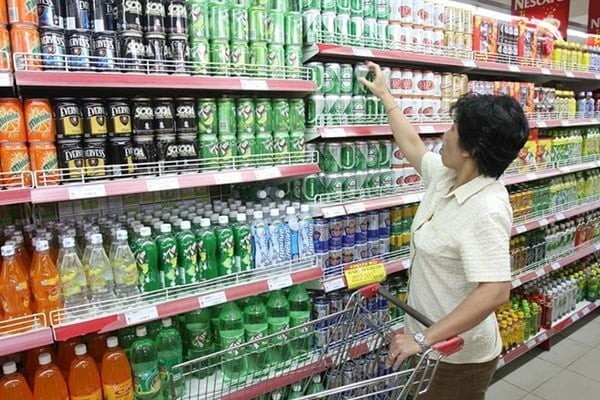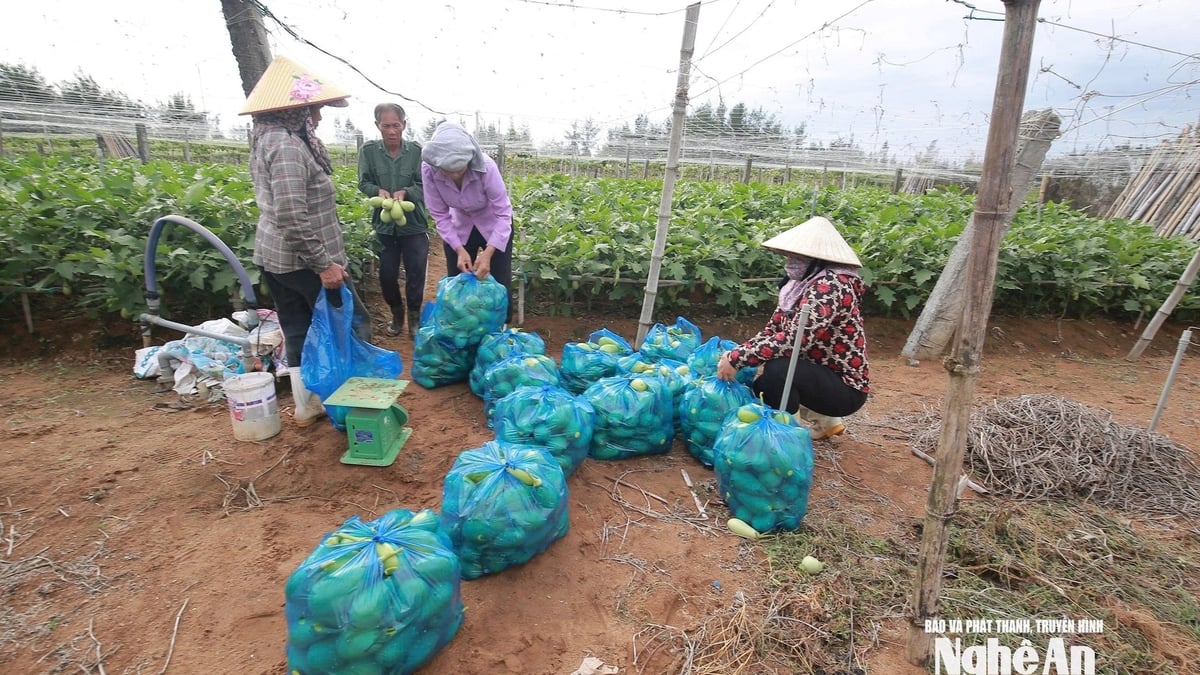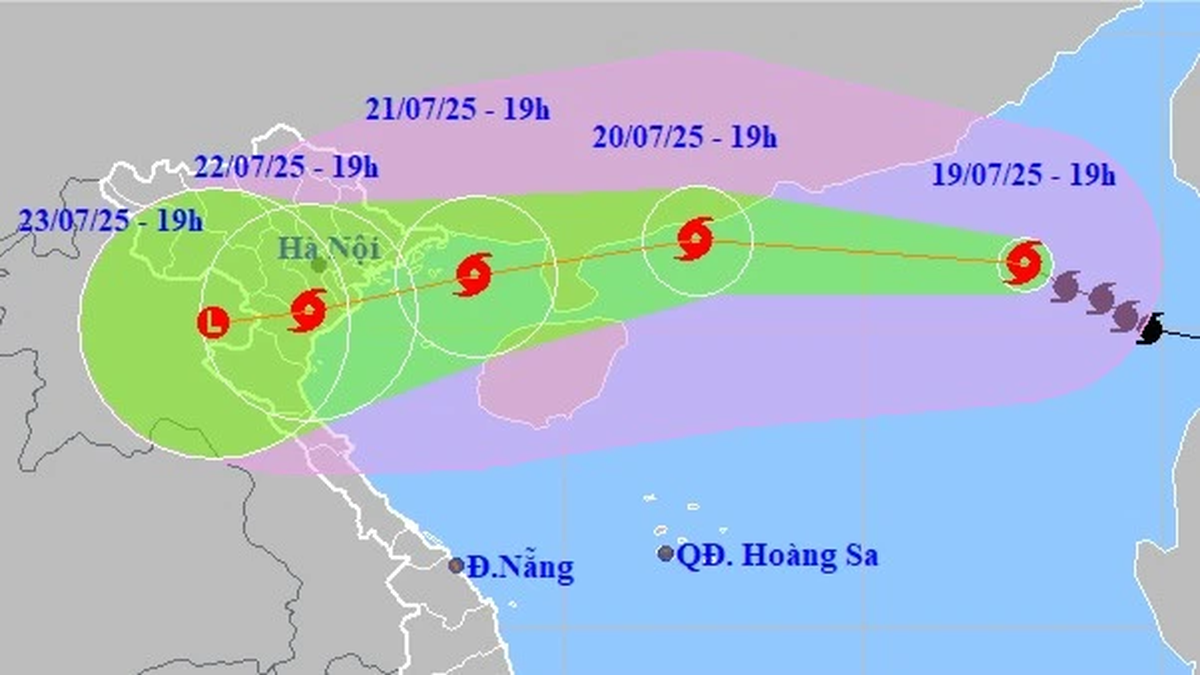ANTD.VN - The current method of calculating special consumption tax based on the relative method still has many shortcomings. Resolution 115/NQ-CP of the thematic meeting on law making in July 2023 has set out the direction for developing a mixed tax calculation method for alcohol and beer, on the basis of ensuring the special consumption tax target, contributing to the orientation of production and limiting the use of products that are not beneficial to health.
The current calculation method reveals many shortcomings.
Vietnam is applying a relative method of calculating special consumption tax on beer and alcohol products; that is, applying a tax rate based on the selling price. This unintentionally equates the quality of the product inside, creating unfairness for manufacturers. Because beer products with lower alcohol content, less harmful to health, are sometimes taxed at the same or higher level than products with higher alcohol content, but are sold cheaper by manufacturers...
A typical example is the excise tax rate on beer is 65%, higher than the 35% tax rate on wines (with alcohol content below 20%). In terms of impact on consumer health, the higher the alcohol content, the greater the harm. However, the current method of calculating relative taxes is considered to create unfairness because beer products with low alcohol content sometimes have to pay more tax than products with high alcohol content.
The current relative tax calculation method does not encourage consumers to choose low-alcohol, good-quality products. According to statistics from 2018 to 2021, beer consumption in Vietnam has not decreased but has tended to shift from high-priced products to lower-priced products. This is a wake-up call for a better regulatory tax policy to bring better habits to consumers.
 |
Experts propose applying mixed tax calculation method to alcohol and beer products (illustrative photo) |
Realizing the unreasonableness of the relative tax calculation method, some countries in the world have switched to applying special consumption tax according to the absolute method, that is, taxing based on the alcohol concentration of beer and wine. The higher the alcohol concentration of beer and wine, the higher the tax will be.
This is a fairly fair and transparent mechanism, both increasing competitiveness and helping to regulate the abuse of beer and alcohol. However, the transition to this method of tax calculation may take a long time and requires a specific roadmap.
Mixed tax calculation method should be applied.
According to Associate Professor, PhD, Nguyen Thuong Lang, Hanoi National Economics University, the two methods of calculating relative and absolute taxes both have their own advantages and disadvantages.
Therefore, the world is moving towards applying a mixed tax method, which is a combination of both relative and absolute taxes on beer and wine products. The mixed tax regime is now widely applied in many countries such as Singapore, the Philippines, Thailand, Korea, Japan, etc.
Dr. Nguyen Quoc Viet, Deputy Director of the Vietnam Institute for Economic and Policy Research (VEPR), University of Economics, Vietnam National University, Hanoi, said that ideally, the State should adjust the special consumption tax policy on beer and alcohol, using a mixed method.
This is a trend that is happening worldwide and has been proven to be more effective in managing beer and wine products. This method can both regulate consumption, reduce the negative impact of alcoholic beverages on human health, and contribute to society and the economy.
The mixed tax system has clear advantages in achieving the government's goal of reducing the harms of alcohol consumption, while still ensuring sustainable budget revenues and encouraging the development of the beer industry.
Under the mixed tax structure, the absolute tax is levied on the volume of consumption (cans/liter). Therefore, manufacturers have an incentive to invest costs (e.g. using higher value input materials, investing in more modern production lines...) to create high-quality, even low-alcohol and less harmful products.
With more choices of better quality products, consumers will tend to self-regulate their consumption of poor quality products that are more harmful to health. With lower prices for low-alcohol products, more innovation will be encouraged and consumption of pure alcohol may decrease.
Regarding the impact on the budget, in the long term, budget revenue is increased sustainably in terms of total revenue from direct taxes (taxes on income) and indirect taxes.
In fact, the mixed tax regime has been proven to balance the disadvantages of relative and absolute taxes, which will bring sustainable development to the whole industry and economy.
In Vietnam, there are almost no “purely domestic” beer brands, most of them are international companies, joint ventures and state-owned companies. All of these companies have product portfolios with many segments from popular to premium beers.
Therefore, the mixed method will bring common benefits to the whole industry; create motivation to develop high-quality products with low alcohol concentration, contributing to achieving the goal of protecting people's health.
Source link

























![[Photo] National Assembly Chairman Tran Thanh Man visits Vietnamese Heroic Mother Ta Thi Tran](https://vphoto.vietnam.vn/thumb/1200x675/vietnam/resource/IMAGE/2025/7/20/765c0bd057dd44ad83ab89fe0255b783)










































































Comment (0)